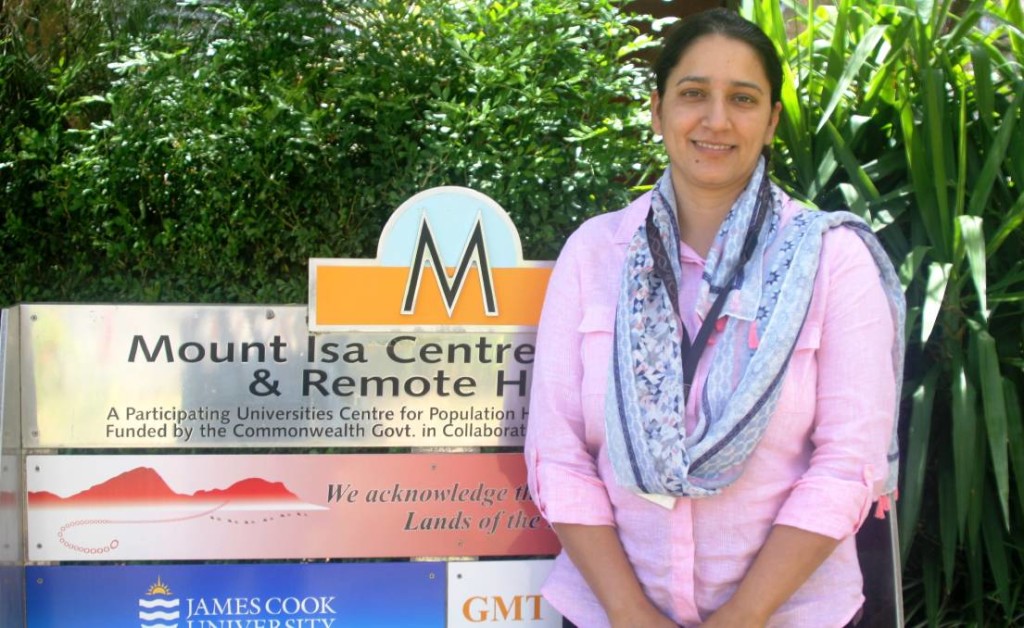MICRRH researcher explains multi-generational 30 year sleep study
Esther MacIntyre | October 30, 2017 | NorthwestStar.com.au

A local researcher from Mount Isa Centre for Rural and Remote Health (MICRRH) has been involved in a mammoth sleep study tracking mothers and their offspring over more than 30 years.
The study began in 1981 with Mater Private Hospital in Brisbane and the University of Queensland (UQ) recruiting around 8000 pregnant women and their offspring, who they are tracking from birth to 30 years old.
“My role is to look at the continuity of sleep problems from one life stage to another, and how these sleep problems affect the offspring’s chances of developing cardiovascular problems, obesity, and overall health,” Ms Yaqoot said.
Ms Yaqooot got her PhD from UQ, which is how she was able to access the data and become involved in the study.
The study has collected data from offspring at different life stages; 6 months, 1.5 years, 5 years, 14 years, 21 years, and 30 years old.
“Now we are also collecting data for the biological samples, so if someone has got sleep problems at 14 years old, what are his chances of developing diabetes at 30 years old?” Ms Yaqoot said.
The researchers adjust for other factors like their lifestyle, employment status, socio-economic status, gender and race.
Even after considering these factors, Ms Yaqoot said sleep problems do seem to influence their chances of becoming overweight or obese later in life.
“When we talk about sleep problems, people tend to think about short term effects; our performance and our daily functions, but we don’t think about the longitudinal effects of sleep problems.”
“This study is producing lots of evidence that sleep problems in general are a significant problem, and we are not paying attention to that, and we should be doing something for that.
Ms Yaqoot’s job is to take care of data analysis, data cleaning, and then coming up with ‘researchable questions’ using this data.
“Now we are going into further phases. We have got data for two generations now, and I think third generation data will be collected soon.”
“Now I’m looking at sleep problems at 21 years old and their chances of getting diabetes, obesity, cardiovascular problems, hypertension at age 30 years and beyond,” Ms Yaqoot said.
Ms Yaqoot said mother’s health is another important area of the study.
“Another part we are focusing on is a mother’s lifestyle during pregnancy, and how that affects baby’s chances of getting poor health later in life,” she said.
“For my paper, we found that maternal anxiety, depression, smoking in late pregnancy, affects the offspring’s chances of getting sleep problems at age 14.
“No one would consider that. It’s amazing.”
“We might think ‘Okay, the mother is smoking, maybe the baby will have some problems but they will be short lived, by the time they are five or 10 years old they will lead their own life and maternal factors will not affect them,” Ms Yaqoot said.
“So what you do during the last trimester of pregnancy affects your baby’s health until they are young adults and probably beyond that.”




